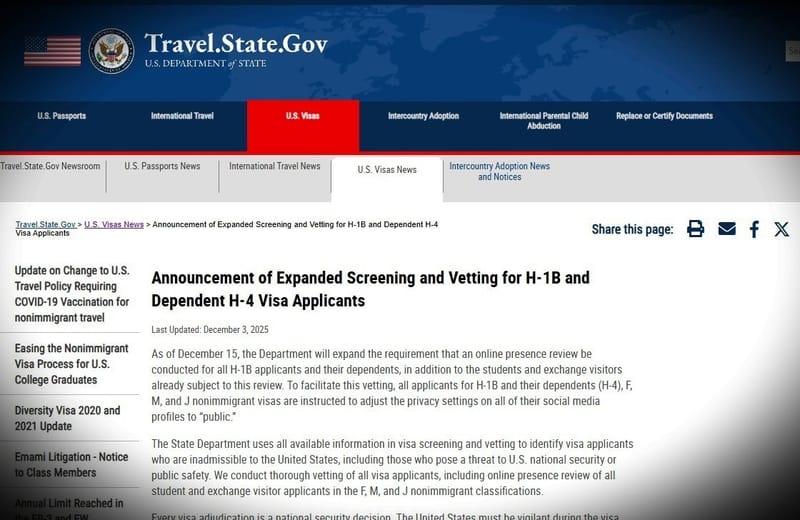H-1B Fee & HIRE Act: Reshaping Tech Hiring and Accelerating Outsourcing
Proposed changes to H-1B visa fees and new legislation targeting outsourcing are compelling US companies to fundamentally rethink their global talent acquisition strategies, with significant implications for both domestic and international job markets.

Subscribe to our newsletter and stay informed about latest H1B news, policy updates and and other developments.
Article Summary
The article discusses how a potential $100,000 H-1B visa fee and the proposed HIRE Act are influencing US tech companies' hiring strategies. Experts suggest these factors could accelerate a shift towards outsourcing talent globally, leading to remote work and changes in wage structures. The HIRE Act specifically aims to deter outsourcing through a 25% excise tax, potentially impacting countries like India significantly.
Original Article: financialexpress.com
[ Sentiment: neutral | Tone: factual ]
This summary and analysis were generated by TheNewsPublisher's editorial AI. This content is for informational purposes only; it does not constitute legal or immigration advice.
[ Sentiment: neutral | Tone: factual ]
This summary and analysis were generated by TheNewsPublisher's editorial AI. This content is for informational purposes only; it does not constitute legal or immigration advice.
TNP AI: Key Insights
This article highlights a critical dilemma for US tech companies: balancing the need for specialized global talent with increasing costs and legislative pressure to hire domestically. For skilled professionals, this could mean fewer H-1B opportunities in the US but potentially more remote roles or opportunities in other countries.
While the $100,000 H-1B fee mentioned refers to a past proposal, the underlying sentiment of increasing H-1B costs has been a recurring theme in immigration policy discussions. The HIRE Act represents a new legislative front, signaling a potential long-term shift towards discouraging offshore outsourcing through financial penalties. This could lead to increased legal challenges and strategic re-evaluations for companies heavily reliant on global talent.




